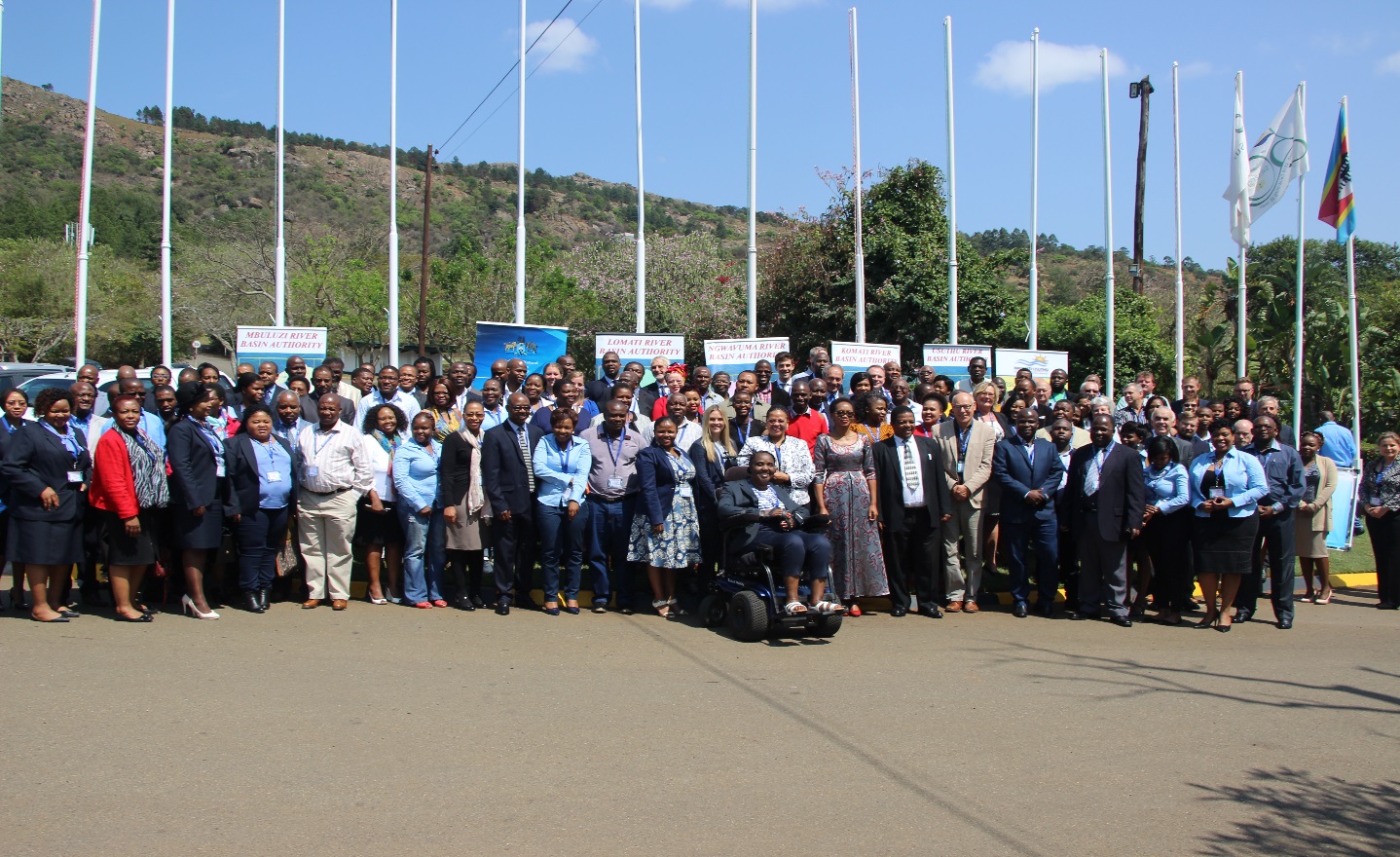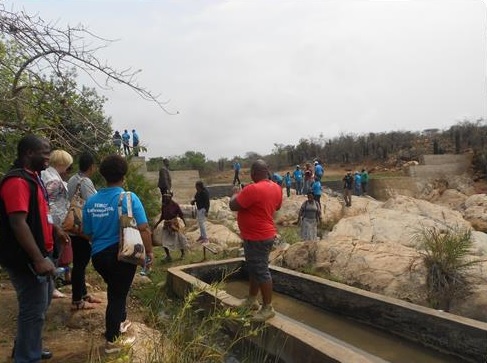
The River and Environmental Management Cooperation (REMCO) was initiated in 2009. It is a collaborative framework between operational water management institutions in three Southern African riparian countries (Swaziland, South Africa and Mozambique) sharing the Incomati and the Maputo river basins and two European riparians of the Vecht river (Netherlands and Germany).
Under the REMCO initiative, there is special focus on improving governance, sharing of experiences and information as well as the acquisition of relevant knowledge and skills in the field of transboundary water management between the water management institutions in the Incomati and Maputo basins and the Dutch and German water boards operating along the river Vecht. Amongst their cooperation objectives, the institutions under the REMCO Initiative hold a biannual conference on a rotational basis, of which the 4th REMCO conference was held in Swaziland at the Royal Swazi Sun from the 25-28 September 2016. The conference, which was officially opened by the Honourable Minister for Natural Resources and Energy in Swaziland, Senator J. Mashwama, was attended by over 150 delegates from the water sector comprising of governing board members, CEOs and management personnel of local water management institutions in Swaziland, South Africa and Mozambique, representatives of the Dutch Embassy, board members and staff from water boards in the Netherlands and Germany, government officials from the Departments of Water Affairs in Swaziland, South Africa and Mozambique, water sector experts and other stakeholders and partners. While commanding wide media coverage, the conference strengthened existing ties, contacts and relationships and paved way for successful future cooperation.

In line with the conference theme of ‘A Climate Resilient Transboundary Basin’, presentations were made on water governance, water quality and climate change. Several presentations were made on joint cooperation projects, highlighting the results and success stories emanating from the cooperation. Projects such as the Hydronet Platform for rain forecasting and water control, the use of the Adaptive Operational Governance Dashboard to monitor performance against basin strategic plans, the use of Smart Phone Technology in collecting hydrological data as well as the use of satellite images for Observations and Measurements of Agricultural Water Use were hailed as innovative advances that have improved water management within these shared rivers. These joint projects enable the use of the same processes for data collection and sharing which helps in joint decision making on transboundary water management issues. With these important milestones, more partnerships were forged with other institutions and further joint collaboration on technological innovations enables wider coverage in the application of the products promoting benefit and cost sharing.
A field trip was organised showcasing drought impacts in rural Swaziland. The delegates had an opportunity to see and appreciate real grassroots level innovations and climate change adaptation projects. The presence of traditional community structures including a local chief who also expressed the importance of cooperation when dealing with transboundary issues gave legitimacy to the programme.

Seeing things on the ground strengthened information sharing and improved understanding of our individual circumstances, thus promoting transparency and building trust amongst the riparians of the shared basins in the process. The conference resolved that joint collaboration of basin institutions should continue to be supported as it enables speaking in one voice to central government with the basin institutions positioning themselves as the implementing agents for the INCOMAPUTO Agreement signed by the three countries in 2002.
For future collaboration projects, the partners proposed the development of a joint transboundary climate change project proposal to the Global Environmental Facility (GEF). This resolution attracted more cooperating partners such as UNDP and KOBWA who expressed interest in being involved in the future. Discussions were also held with other promising future collaboration initiatives involving other projects in the region such as the Incomati Flood Risk Management Project funded under the Climate Resilient Infrastructure Development Facility (CRIDIF) and implemented in collaboration with the Danish Hydrological Institute (DHI). The main challenge remains as to how to measure the success of such initiatives and how they can be embraced for sustainable management of transboundary water resources at a larger scale.
Sindy Mthimkhulu is studying for an MSc in Integrated Water Management at Monash South Africa, funded by an IWSN scholarship.
